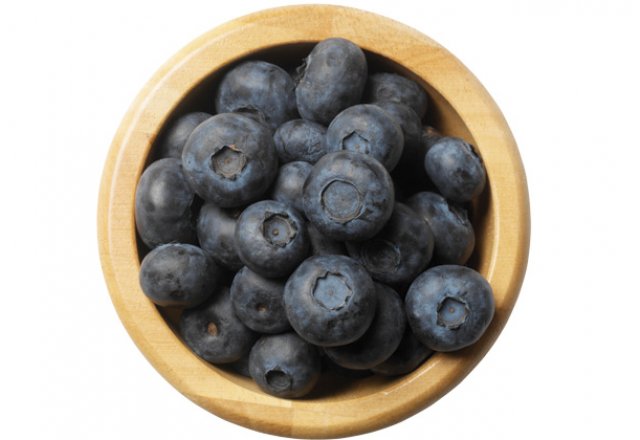
Nutrients for clear skin

Diet advice from the experts
With the right food choices, you may even be able to help delay ageing to look and feel younger.
Accredited practising dietician, Christina Turner, from Sol North Coast Nutrition, explains how we can maintain our skin.
“Alongside avoiding smoking and keeping out of the sun, nutrition is very important for the maintenance of healthy skin,” she says.
Essential nutrients
Water: “This helps to keep our skin hydrated. If you haven’t had enough water it can make your skin appear ‘washed out’, tired and run down,” says Turner.
Ensure you get enough fats: “These not only provide vitamin E (an antioxidant that protects against free radicals) but also act as a moisturiser,” says Turner. Other essential fats that need to be inclusive in our diets are linoleic acid (omega-6) and alpha-linolenic acid (omega-3) to help keep the skin, eyes, heart and our nervous system in good condition. Good sources of vitamin E and essential fats can be found in nuts and seeds, avocado and cold-pressed plant oils. The recommended daily intake of vitamin E is seven to 10 mg. Put in perspective, that means a small avocado has about three mg while 100 g of walnut kernels has about 2.9 mg of essential fatty acids.
Increase your intake of fresh fruit and vegetables: The most important thing you can do for your body is to supply it with antioxidants. “Fruit and vegetables are a wonderful source of antioxidants,” says Turner. As well as fruit and vegetables, she says nuts, seeds and good quality oils (like olive and macadamia oil) are rich in antioxidants, which help prevent the signs of ageing.
“It’s the antioxidants that fight the free radicals caused by the harsh Australian sun, smoking and pollution.” Free radicals cause cell damage and DNA mutations that can lead to skin damage, ageing and cancer. Some of the highest sources of antioxidants are in berries including blueberries, cranberries and blackberries, as well as apples and avocados.
Eat low GI carbohydrate foods: If you want to ward off the pimples and encourage a clear complexion, Turner suggests eating low GI (glycemic index) foods. “Low GI carbohydrates are slowly absorbed in the bloodstream and so don’t spike our blood sugar levels as quickly or raise insulin levels too much. There is some evidence to show that excessive production of insulin speeds up the production of sebum. Excess sebum can result in oily skin and pimples. Examples of low GI carbohydrates are porridge, wholegrain cereals and bread, legumes and pasta.”
Drink alcohol only in moderation: “Excess alcohol reduces B1 and folate levels in the body, which have a role in keeping skin healthy,” says Turner.
Photo credit: Thinkstock


